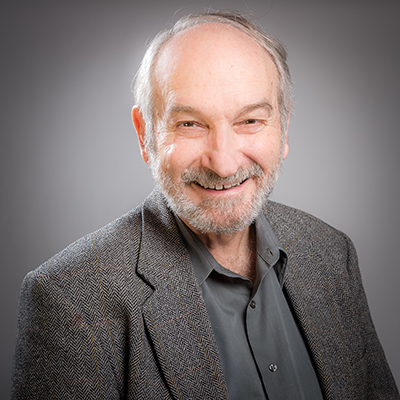The Office of International Health at The University of New Mexico Health Sciences has been redesignated as a collaborating center by the World Health Organization/Pan American Health Organization (WHO/PAHO).
Arthur Kaufman, MD, vice president for Community Health, and Amy Clithero, PhD, principal lecturer in the Department of Family & Community Medicine, will serve as co-directors of the Collaborating Center for Innovative Health Workers Education, Service and Research Models.
PAHO, an international public health agency dedicated to improving health throughout the Americas, is the Western Hemisphere affiliate of the WHO.
“Since the 1980s, the World Health Organization has highlighted the work of The University of New Mexico as a model of health professions education, which they saw as adaptable to developing countries,” Kaufman said. Too many graduates from schools in developing countries left their countries for higher pay and greater opportunities in Europe and North America, he added.

What WHO saw in New Mexico was a school committed to serving the state and designing programs that placed students in underserved rural and urban areas
“This was a severe loss of brain power and transfer of resources from ‘developing’ to ‘developed’ countries. What WHO saw in New Mexico was a school committed to serving the state and designing programs that placed students in underserved rural and urban areas. It even honored schools in developing countries by adopting some of their innovations in community-based learning.”
In 1987 WHO published a book about a conference held at UNM that was attended by schools in Mexico, the Philippines, Thailand and China, as well as four universities in the U.S. “They were fostering change by creating innovative tracks, a strategy WHO saw as a vehicle for making inroads in traditional schools,” Kaufman said.
“From that beginning, WHO wanted to showcase UNM, and an important vehicle was to designate us as a WHO Collaborating Center,” he said. “These centers are nongovernmental organizations that fulfill the goals of WHO in different health arenas – extending the reach of WHO though their local knowledge and innovative model development.”
“It’s a big deal to be redesignated,” Clithero said, adding that UNM is one of only three WHO Collaborating Centers in North America focused on health professions education.
Under the terms of the designation, UNM agrees to provide training for universities and health professions programs in member countries that advances social accountability and interprofessional education in the workforce, she said.
UNM will also provide training to strengthen and improve the relevance of the health care workforce in primary care and community medicine, Clithero said. “UNM does an outstanding job with primary care, and in particular family medicine.”
In addition to Kaufman and Clithero, key UNM participants include the Office for Community Health, Laura Parajon, MD, an associate professor in the Department of Family & Community Medicine, Valerie Romero-Leggott, MD, vice president for Diversity, Equity & Inclusion, Shelly McLaughlin, MS, assistant dean for Interprofessional Education, and Heidi Honegger-Rogers, DNP, RN, associate professor in the College of Nursing.
While the designation describes UNM’s contributions to health education in PAHO-affiliated countries, it gains as much as it gives, Clithero said. “We learn way more from the countries that request our assistance,” she said. “It’s a means of sharing that bi-directional learning.”
